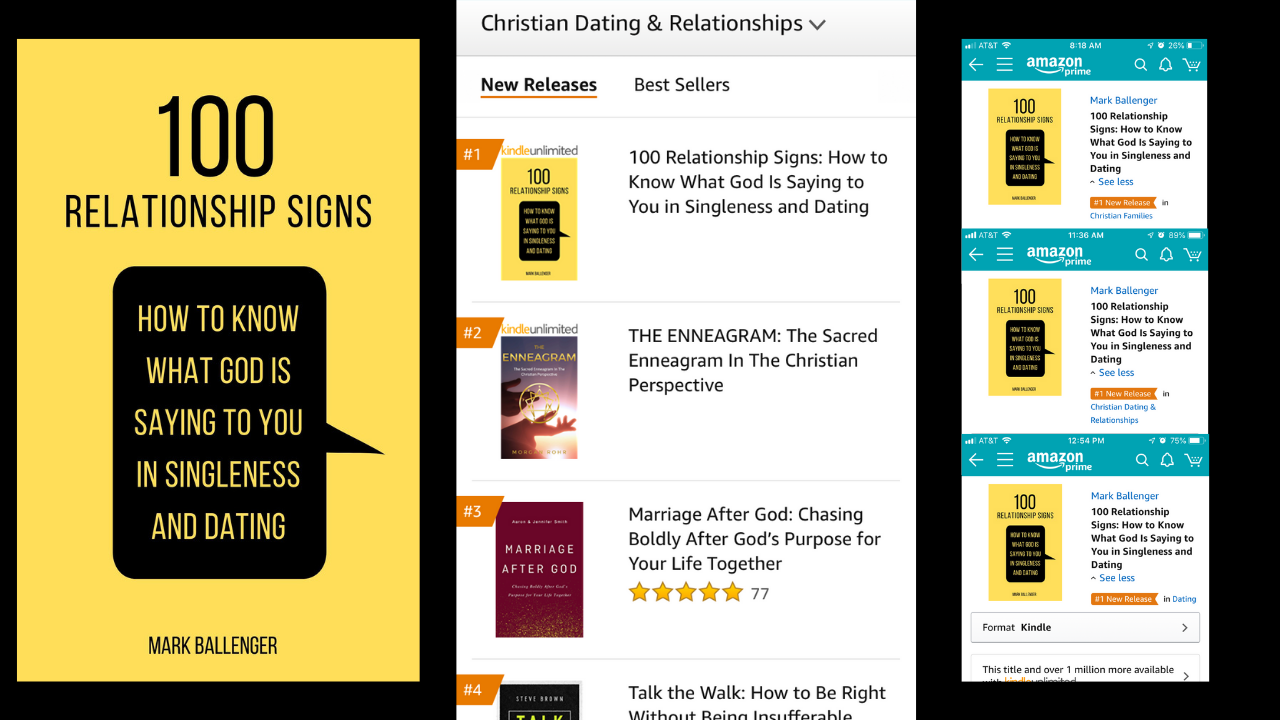
Over the years, people have pointed to the book of Hosea and asked me, “Is that evidence that God could make me marry someone I don’t want to marry?”
Since God told Hosea to marry a prostitute, is this biblical evidence that God could command you to marry someone you don’t find desirable?
To help us answer that question, here are 3 points to consider.
1. We Don’t Know All the Details in Hosea and Gomer’s Personal Lives, So It’s Unwise to Make Principles Out of Their Story
People usually assume God wanted to prove a point through Hosea, so God then told Hosea to marry a prostitute, as though their marriage was just a sermon illustration. However, it’s entirely possible that God chose Hosea because Hosea wanted to marry this prostitute and then God decided to use him for the purpose of teaching Israel something through this union.
In other words, the idea that God told Hosea to marry some random prostitute who he didn’t want to marry is not explicitly stated in the Bible. Rather, Hosea 1:2-3 simply states:
When the Lord first spoke through Hosea, the Lord said to Hosea, ‘Go, take to yourself a wife of whoredom and have children of whoredom, for the land commits great whoredom by forsaking the Lord.’ So he went and took Gomer, the daughter of Diblaim, and she conceived and bore him a son.”
This passage doesn’t say that Hosea was already in love with Gomer before God commanded him to marry a prostitute. However, this passage also doesn’t state that Hosea was not already in love with Gomer before God told him to marry a prostitute. The fact is, when it comes to the relationship details of this couple, we don’t know much.
It’s possible once Gomer met Hosea she wanted to repent of her sins and follow the Lord. From what God said, it sounds like Hosea was free to marry any prostitute, so he must have chosen Gomer for a reason. Additionally, God used this analogy of Israel acting like a prostitute because in the end, he wanted Israel to repent. So symbolically, it would make a lot of sense if Hosea married a prostitute who had wanted to turn from her life of prostitution.
All this is pure speculation. And that’s really my point here. We simply don’t know enough to say that this is an example of God commanding a man to marry a woman he didn’t want to marry. Thus, it’s unwise and biblically inaccurate to use this Bible story as evidence that God might lead you to marry someone you don’t want to marry.
2. The Point of Hosea Is Not About a Relationship
Unlike an allegory where every detail is symbolically representing something in real life, parables are simply meant to teach us an overall truth. I’m not saying the book of Hosea is a parable. However, like a parable, we should view this book while remembering the main point.
To dive into the minute details of Hosea and Gomer’s relationship and extrapolate relationship principles would be like diving into the details of Jesus’ parables about masters and servants, concluding that this cultural arrangement of masters and servants is what God wants all of us to still do. The point of those parables was not to teach us to follow those cultural practices and social dynamics. Rather, there was a spiritual point in each of those parables.
Likewise, the point of Hosea was that Israel was acting like a prostitute and God wanted to redeem her, which ultimately points us to Christ’s redemptive work in the gospel. While it’s certainly helpful to learn from relationships recorded in the Bible, it’s simply unwise to stretch the meaning of a text too far.
3. Scripture Interprets Scripture
So what about relationship stories like Ruth and Boaz, Isaac and Rebekah, or the couple in Song of Solomon? Is it unwise to form relationship principles from those stories since they were not given to us primarily to teach us about relationships?
Whenever we are learning something from the Bible, especially when we are drawing inferences or forming principles that are not explicitly stated in a text, it’s very important to remember the truth that Scripture must interpret Scripture.
In other words, Scripture never contradicts. So for example, the point of the book of Ruth is to show us how God is our redeemer, like Boaz was to Ruth. However, there are so many good characteristics in the life of Ruth and Boaz that can also be seen in the moral teachings of the Bible, the book of Ruth is extremely helpful in teaching us relationship principles as well.
When you go to other relationship stories, however, it’s still possible to gain helpful principles but sometimes it’s not quite as straight forward. For example, when it comes to Jacob and Rachel, a lot of good can be seen. However, that was also a polygamous relationship. And we know from other parts of Scripture, polygamy is not God’s way. Thus, while we might be able to gain some helpful principles from Jacob and Rachel, we could not conclude that God wants us all to practice polygamy because that would defy Scripture.
I say all of that because when someone says that God could call you to marry someone you don’t want to marry like he did for Hosea, that contradicts other commands and principles in Scripture. For example, when you read 1 Corinthians 7, it is very clear that Christians should remain single unless they have a strong desire to get married to someone (1 Corinthians 7:36-38).
Marriage is not a biblical command for all Christians. It is a biblical option for those Christians who want it. Therefore, it contradicts Scripture to say that God would command you to marry someone you don’t want to marry.
So to answer our question, no, the book of Hosea is not evidence that God could call you to marry someone you don’t want to marry.
Related Article: My Thoughts About Redeeming Love (the Movie)
